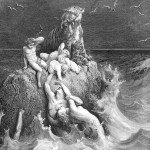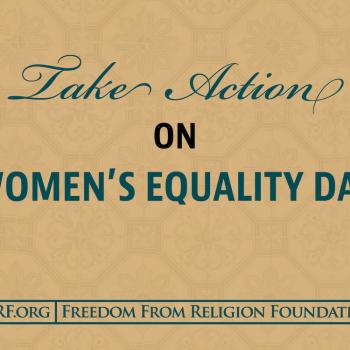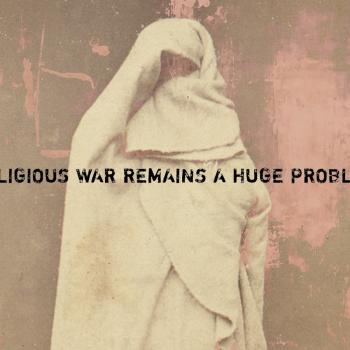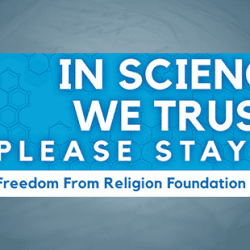Education
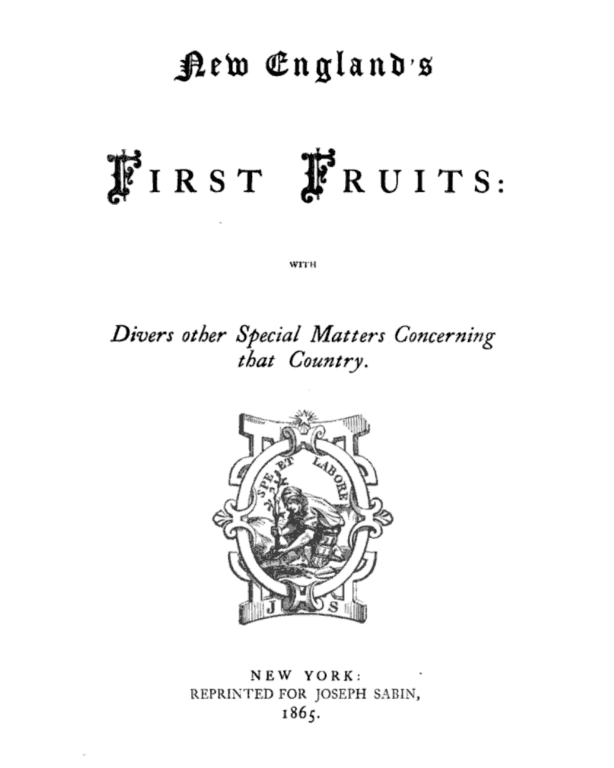
“Let every student be plainly instructed and earnestly pressed to consider well the main end of his life and studies is to know God and Jesus Christ which is eternal life (John 17:3) and therefore to lay Christ in the bottom as the only foundation of all sound knowledge and learning. And seeing the Lord only giveth wisdom, let every one seriously set himself by prayer in secret to seek it of Him (Proverbs 2, 3). Every one shall so exercise himself in reading the Scriptures twice a day that he shall be ready to give such an account of his proficiency therein.” –Harvard 1636 Student Guidelines
“All the scholars are required to live a religious and blameless life according to the rules of God’s Word, diligently reading the Holy Scriptures, that fountain of Divine light and truth, and constantly attending all the duties of religion.” –Yale 1787 Student Guidelines
VERDICT: Totally Irrelevant
Who cares! These are private, not state, schools. They can be as religious or nonreligious as they choose. Hobby Lobby cuts the Harvard quote off early so they should have included an ellipsis, but the meaning stays the same. Also, Harvard was founded in 1636, but these are from the 1643 book New Englands First Fruits, not specifically Harvard. But that question can remain open because this no more proves anything about our nation’s founding or our government than quoting Bob Jones University’s rule that “Students are not to watch movies on campus. In private homes students may view G-rated movies and movie trailers.” All the guidelines for private religious institutions show is that they were private religious institutions (the Bob Jones University rule shows that it is striving to make Nineteen Eighty-Four a reality).
The mixing of religion and education always causes problems, even for the Founders. James Madison, active in the founding of the University of Virginia – a public and secular school – wrote to Edward Everett, a professor at Harvard, explaining the importance of severing religious instruction from public education. We are unable to locate a copy of Everett’s original letter, but apparently Harvard had serious problems by mixing religion and education. Madison wrote:
I am not surprised at the dilemma produced at your University by making theological professorships an integral part of the System. The anticipation of such an one led to the omission in ours; the Visitors being merely authorized to open a public Hall for religious occasions, under impartial regulations; with the opportunity to the different sects to establish Theological schools so near that the Students of the University may respectively attend the religious exercises in them. The village of Charlottesville also, where different religious worships will be held, is also so near, that resort may conveniently be had to them. A University with sectarian professorships, becomes, of course, a Sectarian Monopoly: with professorships of rival sects, it would be an Arena of Theological Gladiators. Without any such professorships, it may incur for a time at least, the imputation of irreligious tendencies, if not designs. The last difficulty was thought more manageable than either of the others. On this view of the subject, there seems to be no alternative but between a public University without a theological professorship, and sectarian Seminaries without a University. . . . With such a public opinion, it may be expected that a University with the feature peculiar to ours will succeed here if anywhere. Some of the Clergy did not fail to arraign the peculiarity, but it is not improbable that they had an eye to the chance of introducing their own creed into the professor’s chair.
Thomas Jefferson, in a letter to William Roscoe, wrote of the University of Virginia, the first true university-level state school in the country:
This institution will be based on the illimitable freedom of the human mind. For here we are not afraid to follow truth wherever it may lead, nor to tolerate any error so long as reason is left free to combat it.
So religion doesn’t belong in education. Oh, and Harvard and Yale both agree today. Those guidelines are long gone.
Source: New England’s First Fruits (1643) which is available online. Here’s an image of Madison’s letter to Everett and a transcript of it. Here’s an image of Jefferson’s letter to Roscoe and a transcript of it.


